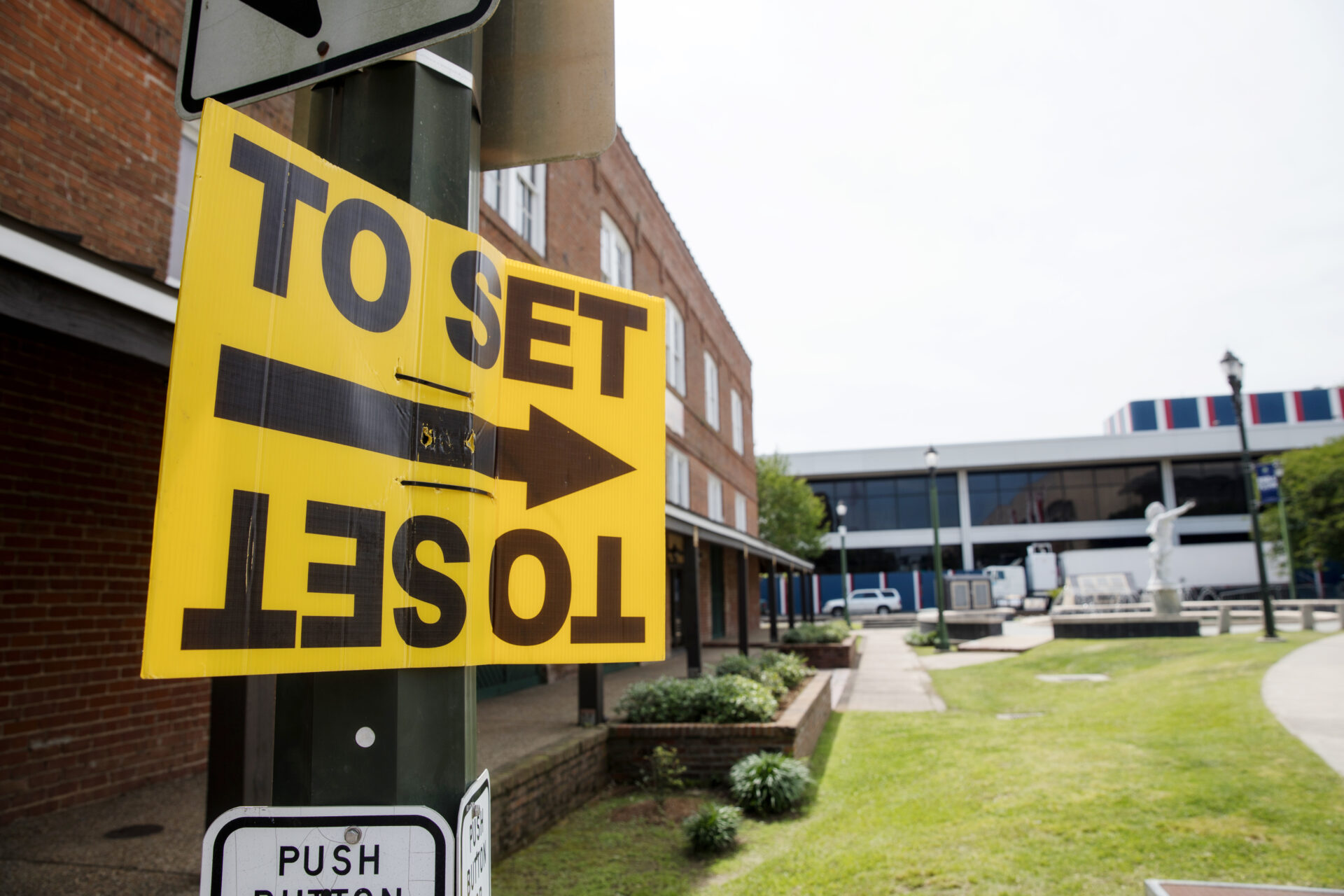
More film productions on the way to Baton Rouge, industry sources say
Baton Rouge’s Celtic Studios has gained recent attention as the soon-to-be shooting location for the new Disney feature film Crater, but the region could see even more action in the next year.
The pandemic slowed movie production across the country in 2020 until studios crafted a back-to-work agreement with workers’ unions and guilds to get back to filming in October, according to Aaron Bayham, director of studio operations at Celtic Studios.
After COVID-19 safety protocols were agreed on, the floodgates opened. The team behind the estimated $40 million movie Crater needed a large soundstage space, which Celtic Studios could provide, Bayham says, making it the perfect location choice.
|
|
But Crater may just be the beginning. Celtic Studios has several projects in the works, Bayham says. Many films have holds on its facility for the fall.
The fact that Baton Rouge is home to Celtic Studios and a local government and community used to film productions means the city has been able to remain competitive in the industry, says Katie Pryor, executive director of the Baton Rouge Film Commission.
There’s been a major spike in interest and inquiries to her office, Pryor says, and the film commission has been sending out at least one information package a week to interested filmmakers, some of whom would be producing in Baton Rouge from now until 2023.
While Crater is the largest project, other independent filmmakers are currently working in the area. As of May 10, three independent projects had just wrapped, and one was in pre-production. These films often use Baton Rouge’s historical sites for sets, Pryor says. She thinks the new Disney feature film will bring even more projects to the area, along with an increase in tourism.
The more films that audiences can see and place in the state, the more likely they are to visit, the Louisiana Office of Tourism says. About $2.5 billion of the $18.9 billion Louisiana sees in tourism spending each year is influenced by the film industry, according to an April 5 release.
“Crew follows production,” Pryor says. “I think people will see that you have the opportunity to live and work in Baton Rouge. Baton Rouge is such a great place to live, it’s not crowded, it’s COVID-safe and we have a lot going for us. I think this is the beginning of a flow.”
There’s enough interest in the Baton Rouge film industry that Bayham believes there will be something rolling in behind the Disney film when it wraps. The Baton Rouge Film Commission is also working to make sure there’s an uninterrupted flow of work at Celtic Studios next year, Pryor says.
Baton Rouge has seen this kind of industry growth before, Pryor says. Around 2009-2013, there was a large amount of production in the area. Vendors benefitted, education and training programs grew and there was significant job creation. The industry also surged after 2017, when Louisiana passed tax incentives for filmmakers.
“People say it’s not called show-art, it’s called show business,” Pryor says. “People overlook the fact that this is a business. These filmmakers hire locally, they use local resources, they eat here, and they buy building materials here. It just grows.”
This story originally appeared in a May 20 edition of Daily Report. To keep up with Baton Rouge business and politics, subscribe to the free Daily Report e-newsletter here.
|
|
|
